31 GPTs for Environmental Science Powered by AI for Free of 2025
AI GPTs for Environmental Science are advanced, generative pre-trained transformers specifically designed for applications within the environmental science domain. These tools leverage machine learning and natural language processing to analyze, predict, and generate content relevant to environmental studies. They assist in data analysis, simulation, and interpretation, providing innovative solutions for complex environmental issues. Their relevance lies in their ability to process large datasets, interpret patterns, and offer insights that are pivotal for research, policy-making, and education in environmental sciences.
Top 10 GPTs for Environmental Science are: 给你一朵云,Particle Physics,Aurora GPT,Tony Lee,BIDARA,Types of Clouds,Biotope Classifier,하티플라워 AI,Atmospheric Plastics Researcher,World Builder
给你一朵云
Elevate Your Sky with AI-Generated Clouds

Particle Physics
Unlocking the universe's secrets with AI
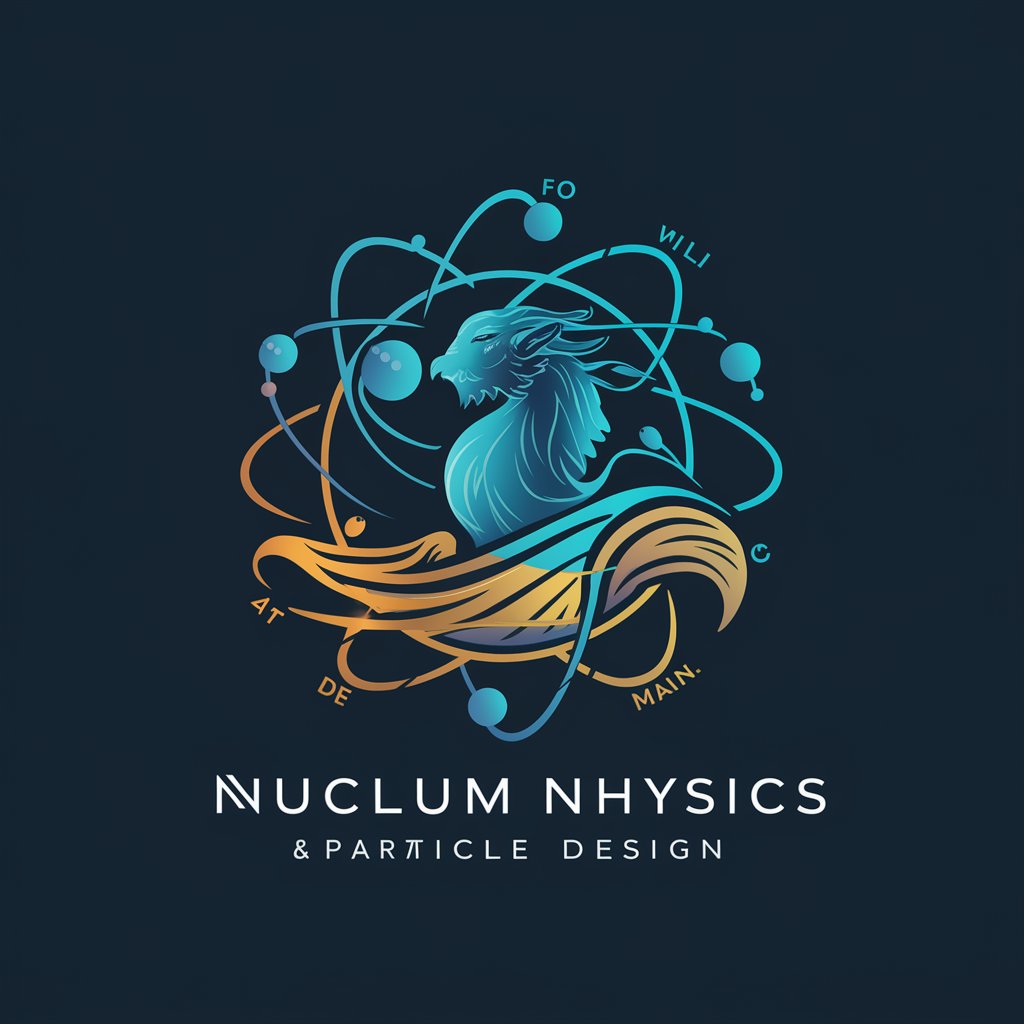
Aurora GPT
Empowering Conservation with AI
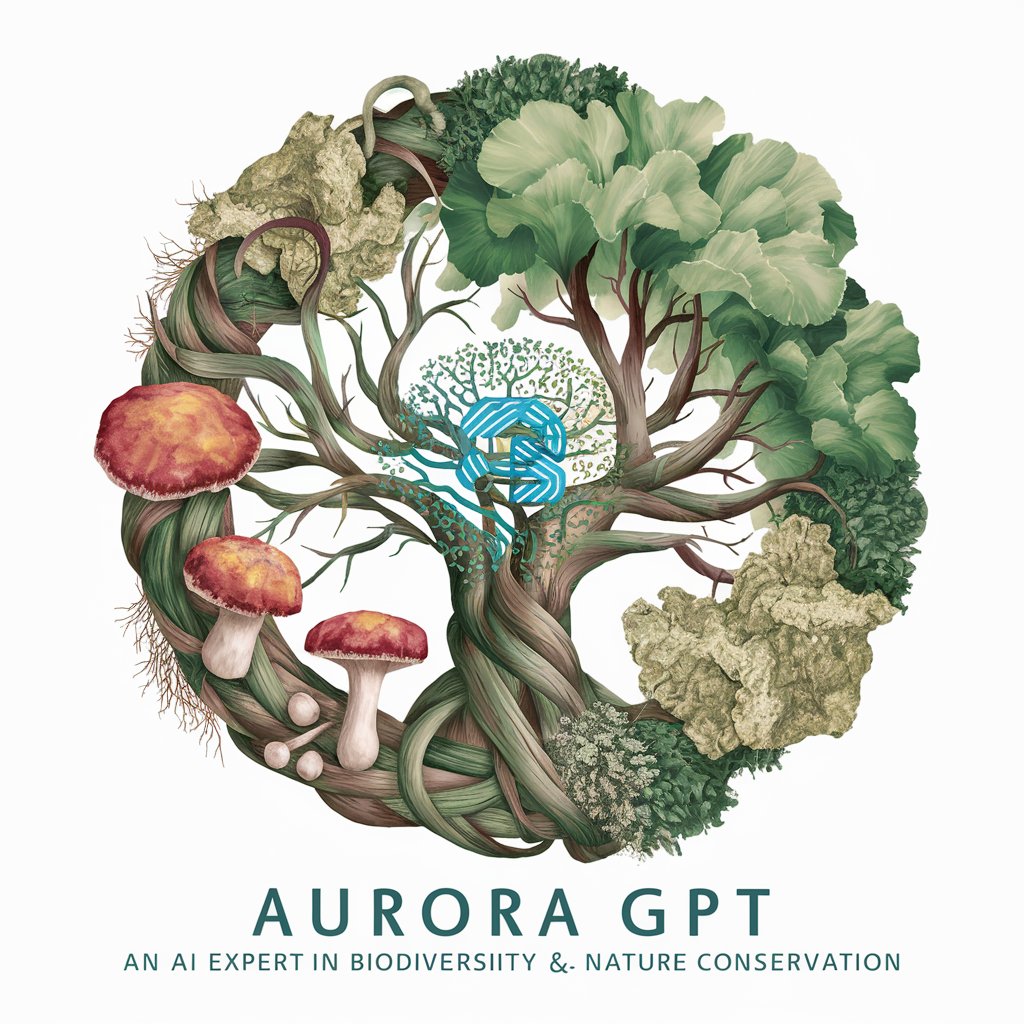
Tony Lee
AI-powered air quality solutions insight
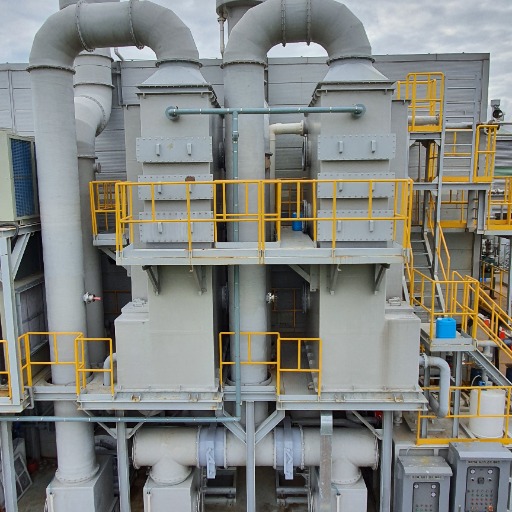
BIDARA
Inspiring design through nature's wisdom

Types of Clouds
Identify clouds, predict weather with AI.
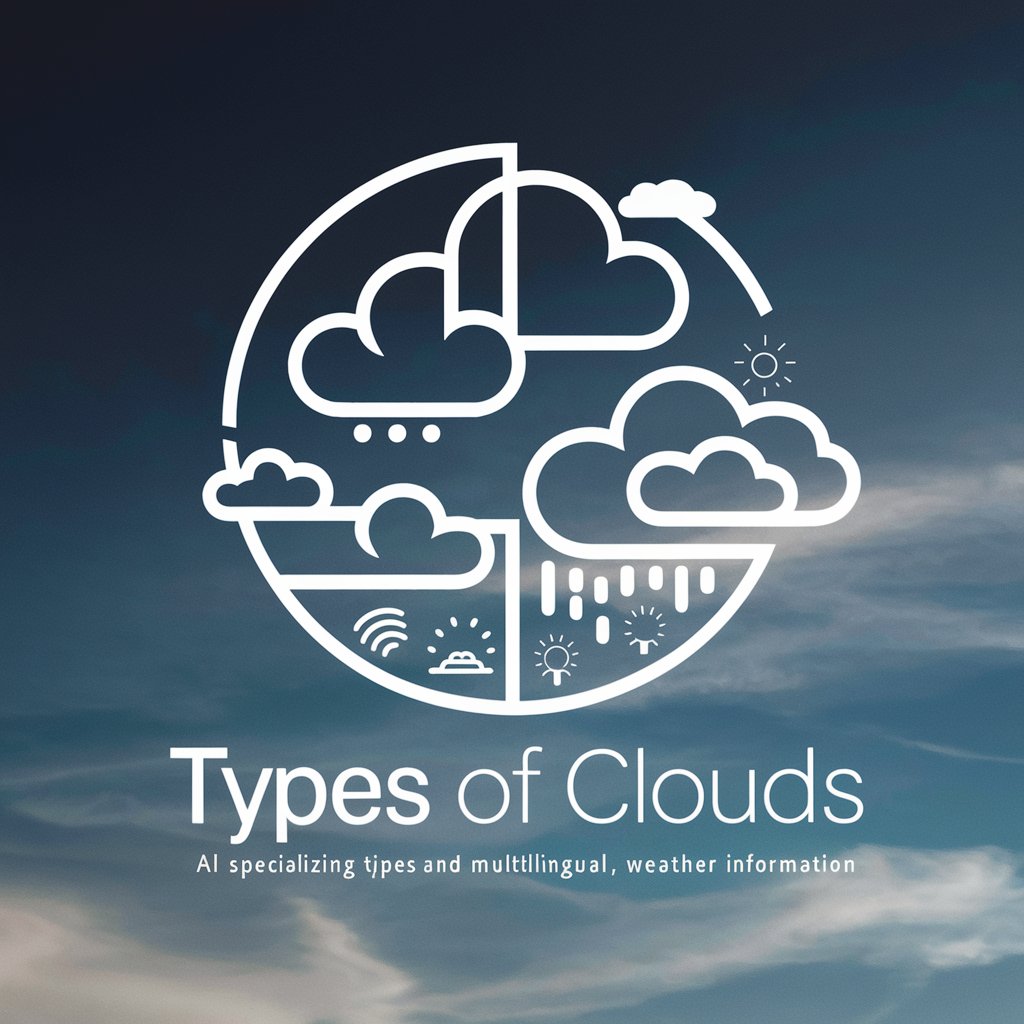
Biotope Classifier
Deciphering Nature with AI
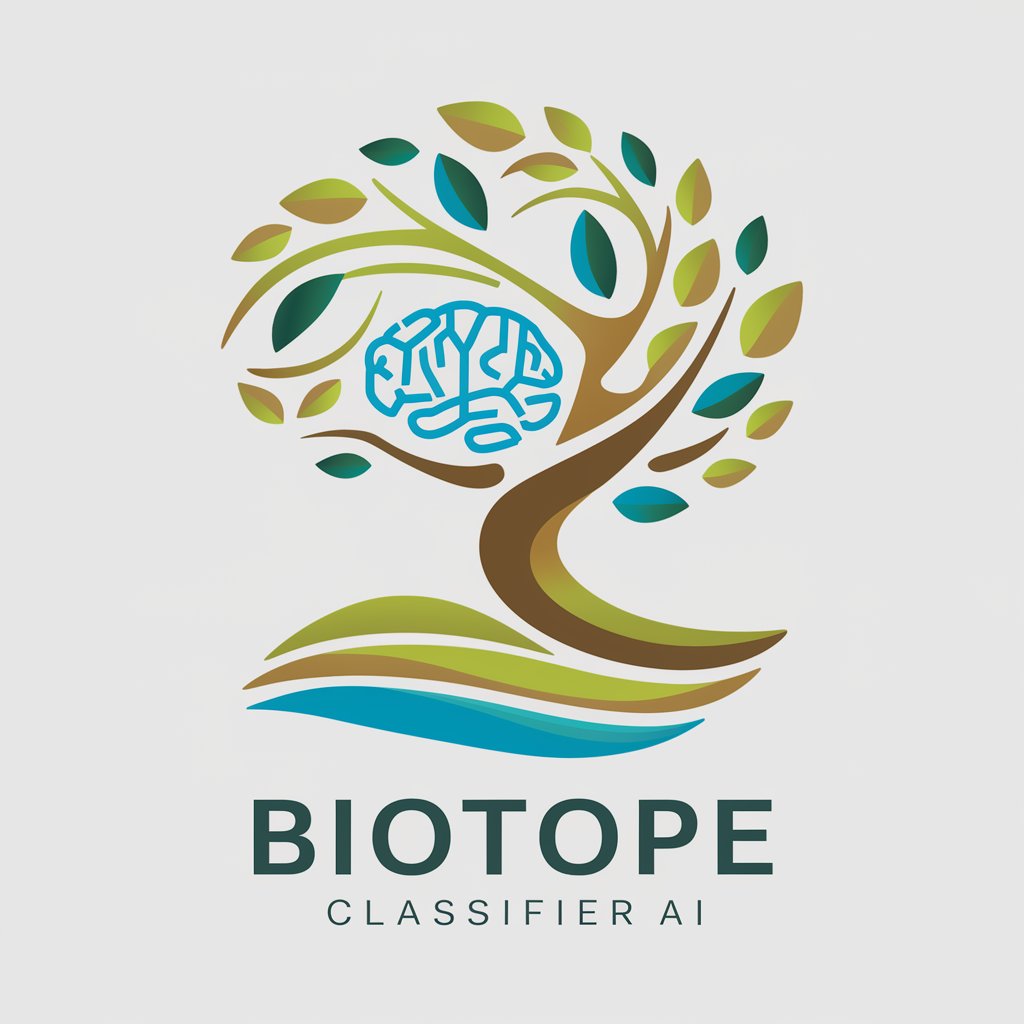
하티플라워 AI
Discover flowers with AI-powered insights

Atmospheric Plastics Researcher
Unveil the cycle of plastics in our atmosphere
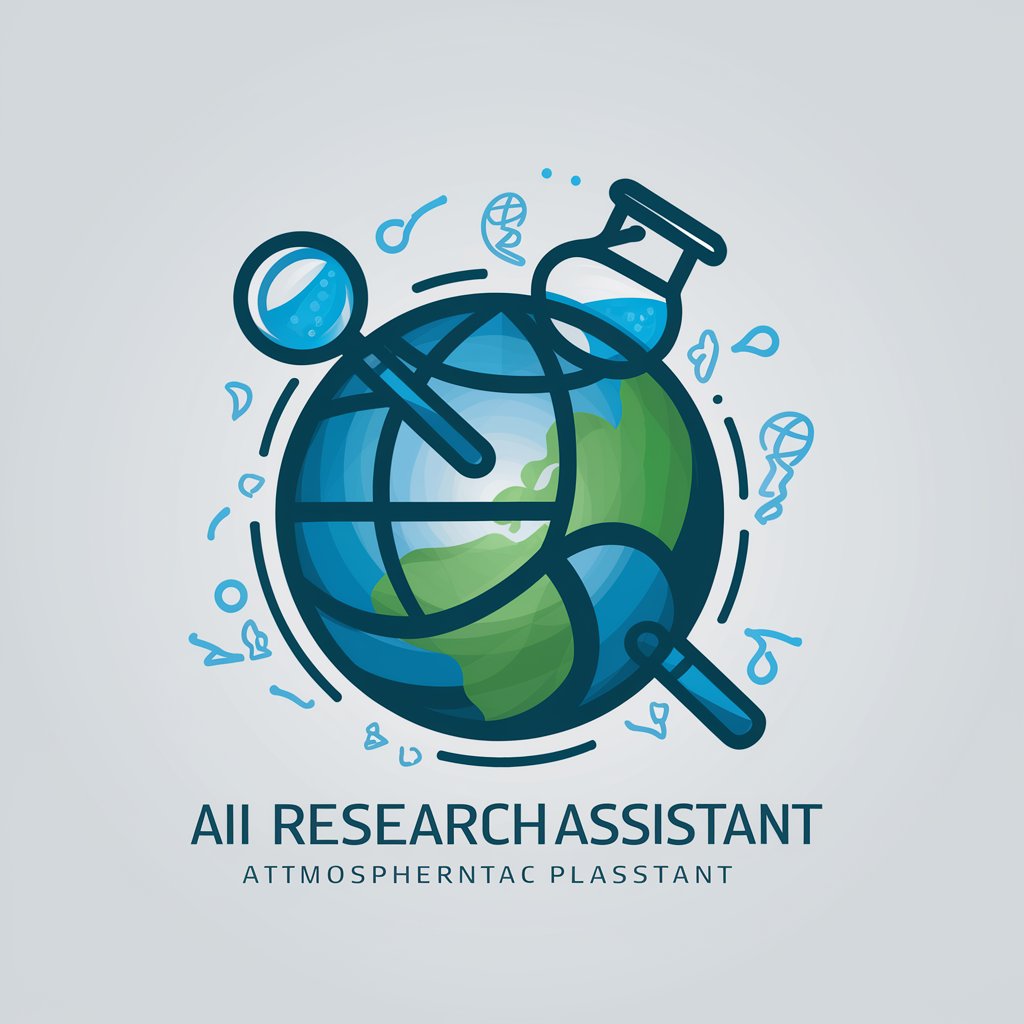
World Builder
Craft Entire Worlds with AI

David Chattenborough
Bringing Nature's Stories to Life with AI

Bonfils AI
Cultivating Tomorrow: AI-Powered Farming Wisdom

Climate Guardian
Empowering Climate Action with AI
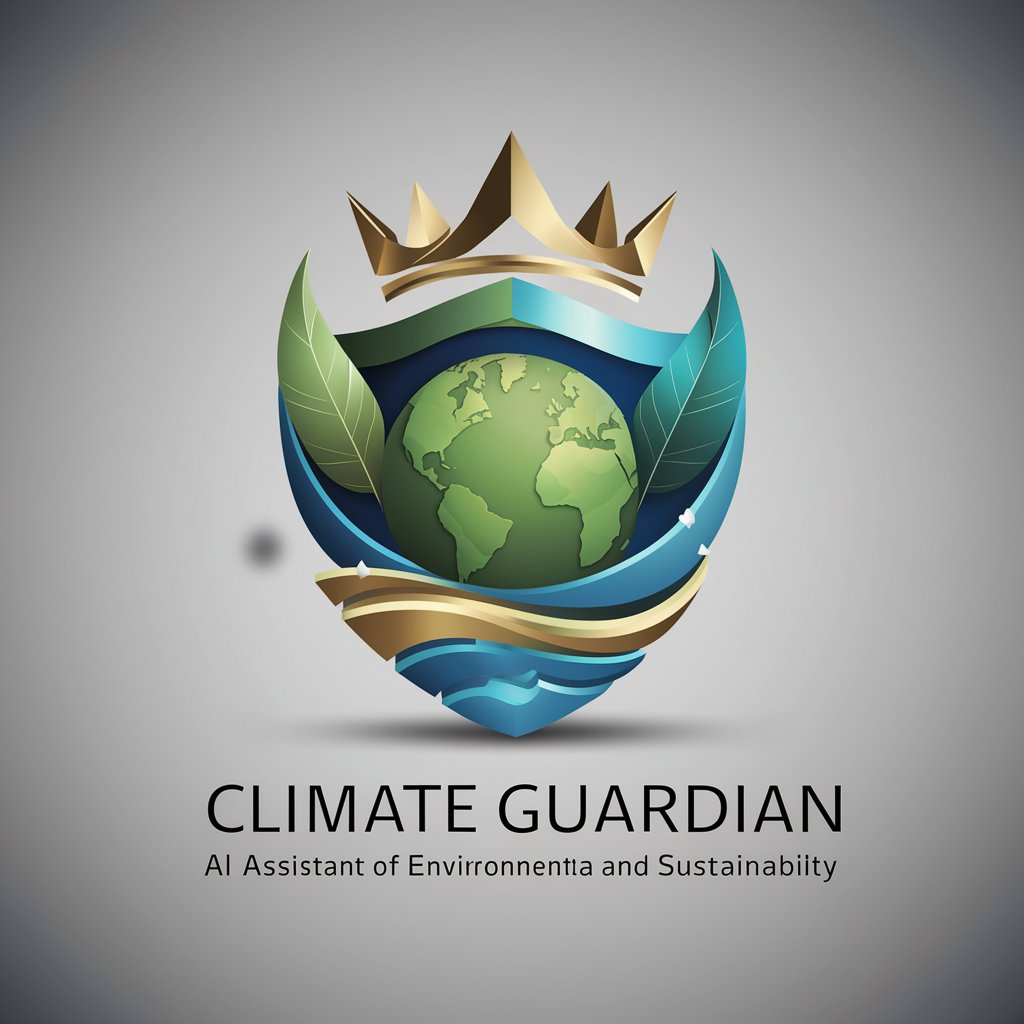
Biome Builder
Craft Realistic Biomes with AI

Surface Insights
Deciphering Complexity with AI-Powered Insights

Wave Weaver
Craft and visualize your dream waves with AI.

laharz_doc_extractor
Mapping Lahar Hazards with AI

Wind Whisperer
Harnessing Wind Knowledge with AI

Carbon footprint for schools
Empowering schools with AI-driven carbon management

Eco Analyst
Optimize Sustainability with AI
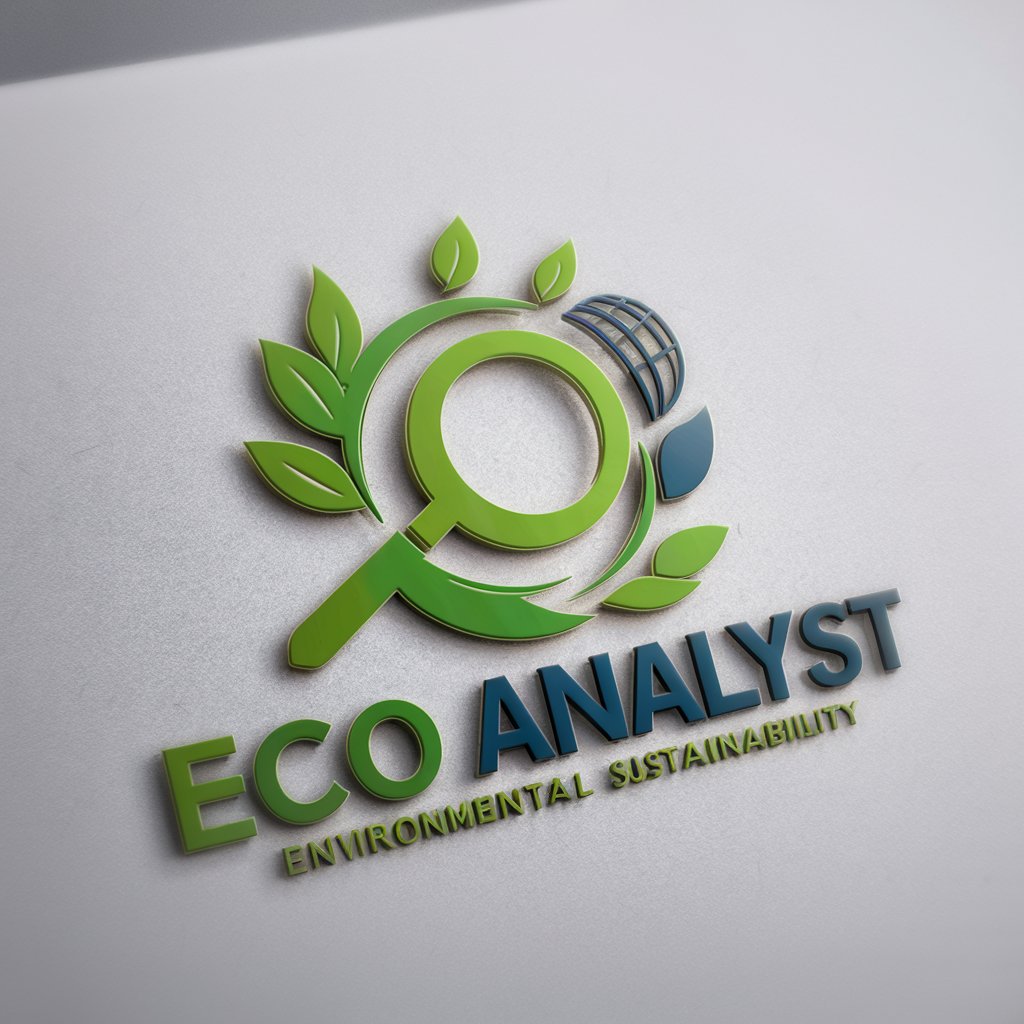
Tragedy Of The Commons meaning?
Illuminate Shared-Resource Dilemmas
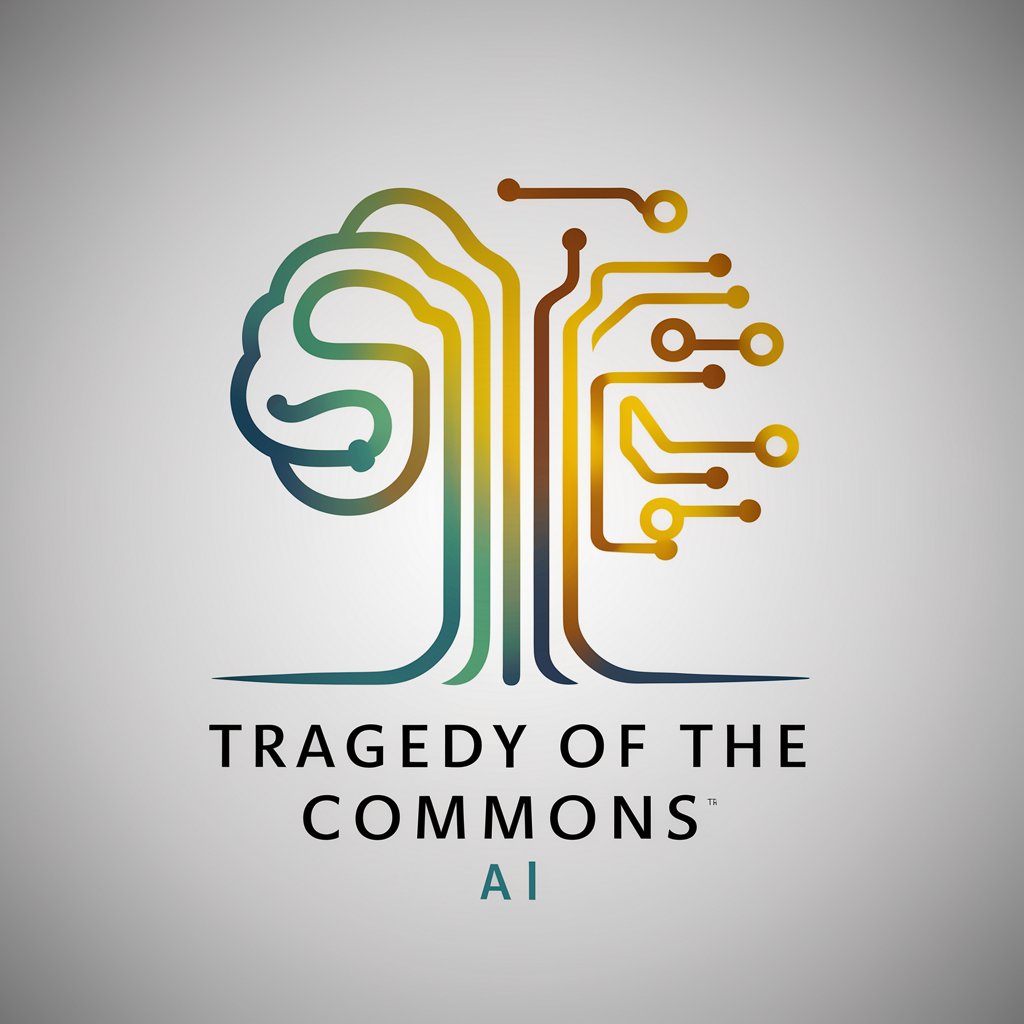
Sam Taylor at the Whispering Pines Lodge
Empowering Environmental Advocacy with AI

Flow Master
Optimize water flow with AI power

Top Soil Tiger
Empowering Soil Conservation with AI

Key Characteristics of AI GPTs in Environmental Science
AI GPTs in Environmental Science are characterized by their adaptability, advanced data processing capabilities, and specialized focus. Key features include: 1. Customized Data Analysis: Tailoring analysis to environmental datasets. 2. Predictive Modeling: Offering predictions based on environmental data trends. 3. Language Understanding: Interpreting technical environmental science terminology. 4. Integration with Research Tools: Seamless connection with existing environmental research tools and databases. 5. Image Generation and Analysis: Creating and analyzing relevant environmental imagery.
Who Benefits from AI GPTs in Environmental Science
AI GPTs for Environmental Science cater to a diverse audience including environmental scientists, educators, policy makers, and students. They are accessible to novices, providing user-friendly interfaces and basic functionalities, while also offering advanced customization and programming capabilities for developers and experienced professionals in the field.
Try Our other AI GPTs tools for Free
Meteorological Study
Explore the innovative world of AI GPTs for Meteorological Study - your advanced solution for weather analysis and forecasting, tailored for both novices and professionals.
Personalized Wellness
Revolutionize your wellness journey with AI GPTs – smart, adaptable tools that offer personalized health and lifestyle advice tailored just for you.
Health Tracking Integration
Discover AI GPTs for Health Tracking Integration, the next-gen AI tools revolutionizing health monitoring. Tailored for both professionals and enthusiasts, these tools offer personalized, data-driven insights, enhancing healthcare efficiency.
Allergy-Safe Aromatherapy
Discover AI-powered solutions for allergy-safe aromatherapy. Embrace personalized, safe, and informed aromatherapy experiences with advanced AI GPT tools.
Holistic Lifestyle Support
Discover AI GPTs for Holistic Lifestyle Support: your gateway to a balanced, healthier lifestyle. These AI tools offer personalized, adaptable solutions for wellness, personal development, and work-life harmony.
Personalized Fashion Styling
Discover AI-powered Personalized Fashion Styling: Tailoring style recommendations with advanced AI GPTs to revolutionize your fashion experience.
Expanded Applications and User Engagement
AI GPTs in Environmental Science are revolutionizing the field with user-friendly interfaces and seamless integration capabilities. They function as customized solutions across various sectors, enhancing research, education, and policy-making. Their adaptability allows for efficient workflow integration, making them invaluable tools in environmental science.
Frequently Asked Questions
What are AI GPTs in Environmental Science?
AI GPTs in Environmental Science are advanced AI tools designed for processing and generating content specific to environmental studies, using machine learning and natural language processing.
Who can use these AI GPTs tools?
These tools are versatile, suitable for environmental scientists, policy makers, educators, students, and tech developers.
Do I need programming skills to use AI GPTs in this field?
No, basic functionalities are designed for ease of use without coding skills, but programming options are available for advanced users.
Can AI GPTs predict environmental trends?
Yes, these tools can analyze data and make predictions based on identified trends in environmental datasets.
Are these tools capable of processing technical environmental language?
Absolutely. They are equipped to understand and process specialized environmental science terminology.
Can AI GPTs integrate with other environmental research tools?
Yes, they are designed to integrate seamlessly with existing research tools and databases in environmental science.
Do AI GPTs offer image generation and analysis for environmental studies?
Yes, they can create and analyze environmental images, aiding in visual data interpretation and presentation.
How do AI GPTs contribute to environmental policy-making?
By providing comprehensive data analysis and predictive insights, these tools aid in informed decision-making in environmental policy.